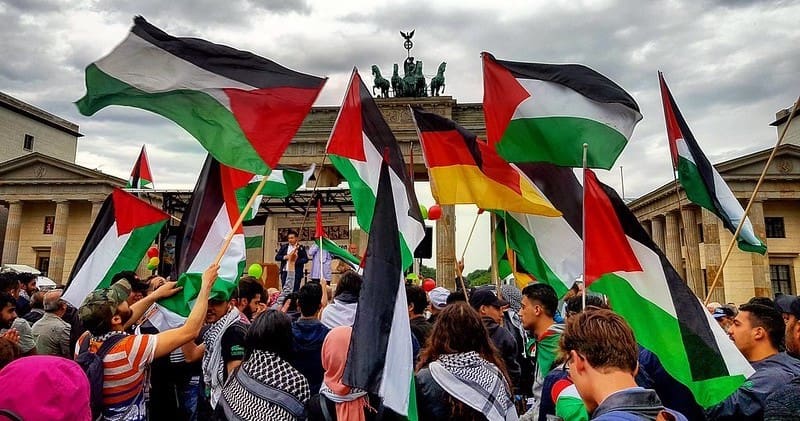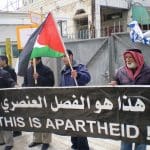
The governments of France, Spain, and Germany have ramped up efforts to repress Palestine solidarity activism. Palestinians and their allies in these countries are facing more legal measures to criminalize their rights to boycott and critique the Israeli regime than ever before. How does each context differ? What is at stake for Palestinians and their allies in each country? What has been done and what needs to be done to counter these troubling developments?
Abir Kopty and Nadia Silhi Chahin join host Nadim Bawalsa in conversation to answer these questions and more.
Nadim Bawalsa is Associate Editor with the Journal of Palestine Studies. From 2020-2023, Nadim served as Al-Shabaka’s commissioning editor. He is a historian of modern...
Al-Shabaka policy member Abir Kopty, holds an MA in Political Communication from the City University, London, and is currently a PhD candidate at the Institute...













